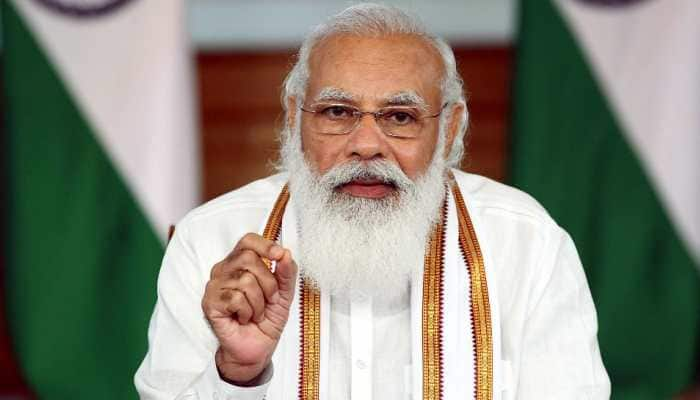Update on Aug 12, 04:22 pm ist
In a report released on Wednesday, the Council said the retirement age needs to increase in a phased manner as India is a young nation with a high working population

The Economic Advisory Council to the Prime Minister has recommended increasing the retirement age saying an increase in life expectancy is expected to continue due to better health infrastructure and allow aged people to work longer than any previous generation.
In a report released on Wednesday, the Council said the retirement age needs to increase in a phased manner as India is a young nation with a high working population. “…increasing retirement ages leads to job creation for old persons without compromising the needs and the availability of jobs for the current workforce,” said the report released by the Council’s chairman, Bibek Debroy.
The report also underlined delaying retirement age to increase the working-age population or it may not reduce the pressure on the social security system and is difficult for a country to achieve. “ A rise in the retirement age, unless backed by social action and a series of other measures, won’t be enough to bridge the pensions gap and ensure the active ageing of an older person,” it said.
The report has recommended upskilling and reskilling opportunities for people in their 50s and the 60s. “Both central and state governments should formulate policies that support the reskilling efforts. These efforts should not exclude older workers in the informal economy, those living in remote rural areas, members of ethnic minorities, refugees and migrants who often have poor access to training.”
According to data released by Help Age International, a global network of organisations working with and for older people, over 10% of India’s total population (about 139 million people) were aged over 60 as of 2019. The proportion of elderly is expected to double to 19.5% by 2050 when 1 in 5 people is likely to be a senior citizen. Kerala has a maximum proportion of older people (12.5%), followed by Goa (11.20%) and Tamil Nadu (10.4%). The higher proportion of elderly in Southern India is a result of a reduced fertility rate and fewer children. Kerala and Tamil Nadu have fertility rates of 1.7, which is lower than the replacement levels.